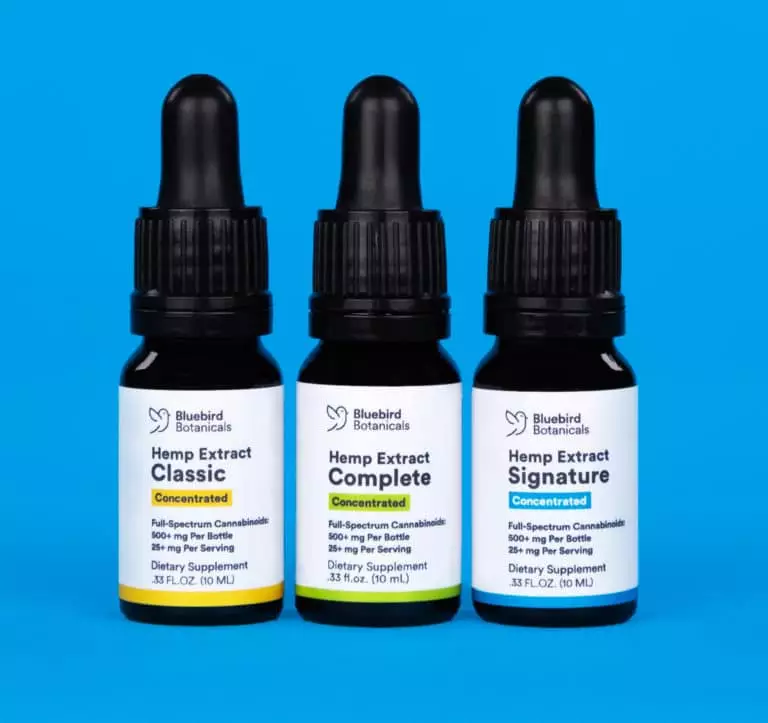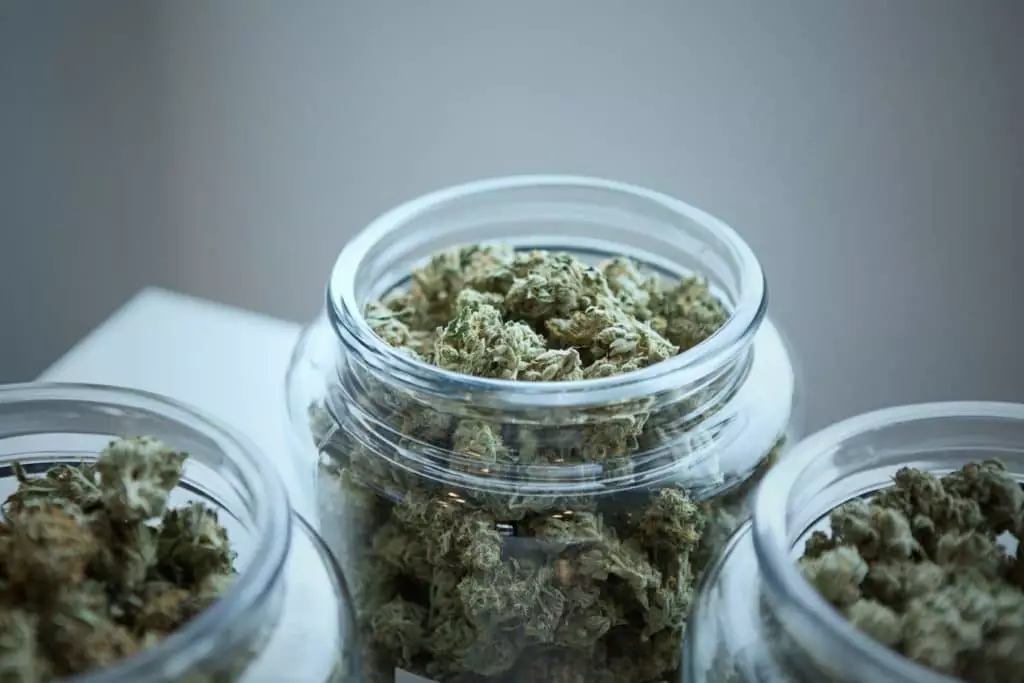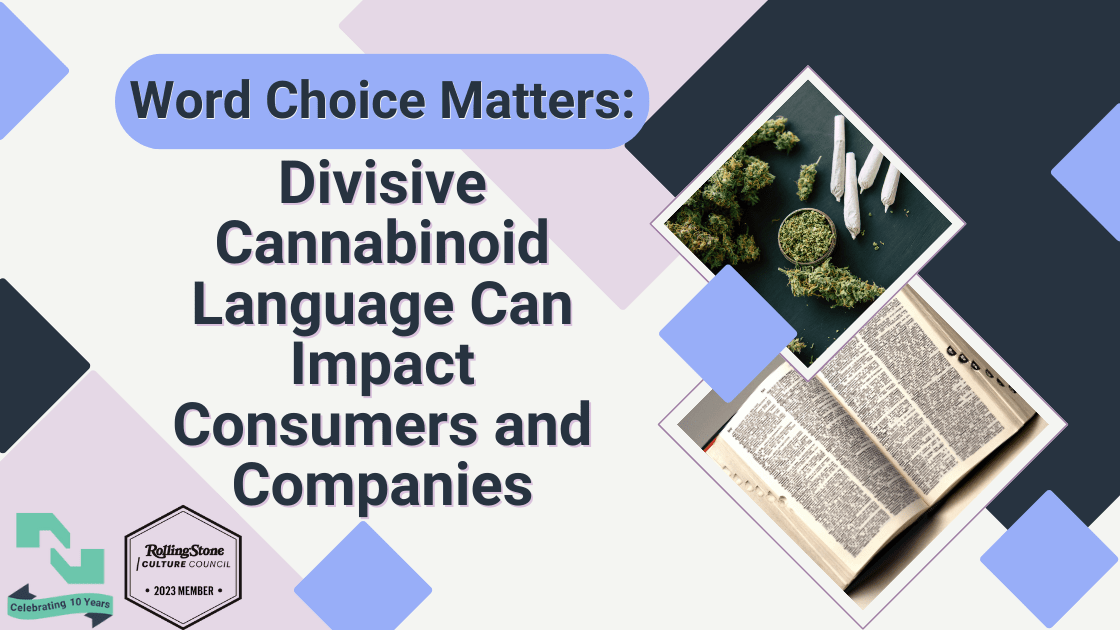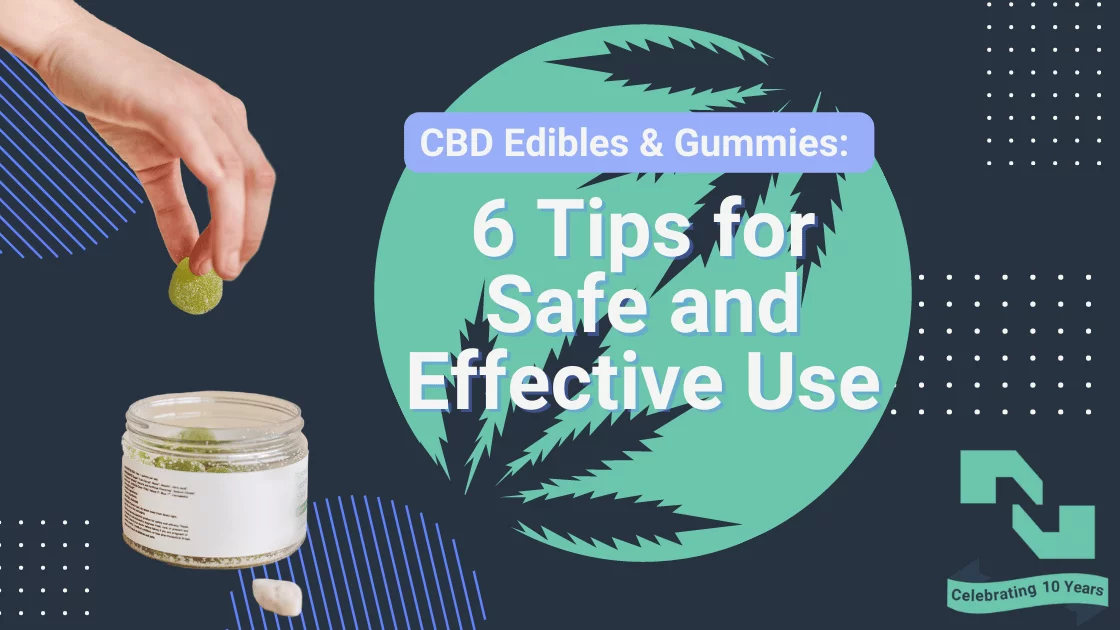Cannabis has become so mainstream these past several years that truly misguided misconceptions like “cannabis is a gateway drug” has been rebutted and universally accepted. That being said, there are still some common misconceptions that continue to circulate amongst cannabis newbies and experts.
This week at NisonCo, we’ll explore some of the most common misconceptions surrounding cannabis and CBD.
Let’s start with one of the most controversial misconceptions of them all.
- You can overdose on cannabis. According to the Centers for Disease Control and Prevention (CDC), a fatal dose of marijuana is unlikely. There have been incidents resulting in death, which involved cannabis as the sole drug consumed; however, the death may have been attributed to an underlying medical condition. Consuming large amounts of cannabis is not recommended since it can cause extreme paranoia, panic, fast heart rate, and delusion, to name a few.
NisonCo is an advocate of practicing safe consumption and harm reduction!
- Holding in a hit gets you higher. We’ve all heard this and have probably done it. Holding in your smoke might make you feel higher but not due to the cannabis. When you deprive your brain of the oxygen, it results in a feeling of lightheadedness, which could make you feel higher. Research has shown that 95% of THC is absorbed within the first few seconds of inhaling. So don’t hold your breath because it won’t make much of a difference.
- Stoners are Lazy. A common misconception about cannabis users is that they are lazy. This misconception originates from stoner movies and propaganda that portray individuals as such. The cannabis industry has become a billion-dollar industry because cannabis users are not lazy; on the contrary, they are lobbyists and entrepreneurs. Additionally, no evidence suggests that cannabis use is associated with low motivation or intelligence.
- Indicas are Sedating & Sativas are Uplifting. The belief that indicas and sativas deliver two distinct effects is a misconception still believed by many. To find a strain that will provide you with the desired effect, you have to look beyond indica and sativa and instead look at the chemical ingredients that make up that strain. If you’re in the market for a specific effect, then look at the terpenes and cannabinoids that make up the strain. Also, ask your budtender for help or use Leafly’s Cannabis Guide to conduct your own research.
- Strain Names. Strain names are not as universal as they used to be. The crossbreeding of cannabis plants from different parts of the world is an endless cycle. The strain Lemoncello is not all the same at every dispensary. To get an accurate indication of the effects the strain is going to produce, talk to your budtender and have them explain the cannabinoids and terpenes contained in the specific product you’re inquiring about.
- CBD is Not Psychoactive. CBD will not produce the psychoactive effects of THC, but it may alter your mood, which is why we cannot term CBD as non-psychoactive. Rather, it’s considered non-intoxicating.
- CBD Consumption Will Result In a Failed Drug Test. Pure CBD contains 0.3% THC or less and therefore does not contain enough THC to cause psychoactive effects as those seen with THC. Pure CBD is legal in the U.S. and should not cause you to fail a drug test. However, there have been incidents where individuals have failed drug tests for consuming CBD. This may be due to a number of factors, one being that CBD is not well regulated, and some manufactures are producing CBD with a higher concentration of THC. Also, THC is fat-soluble and, when ingested, may accumulate in your body’s fat tissue and trigger a false positive test. If you’re concerned about failing a drug test, make sure you purchase your CBD from a trusted and transparent source, that provides consumers with a Certificate of Analysis.
For example, at Bluebird Botanicals, every bottle contains a Certificate of Analysis and a batch number so the user can look up the product and see that it was tested for its complete cannabinoid profile, residual solvents, pesticides, microbial life, mold, and heavy metal.

There are many more misconceptions circulating the cannabis and CBD industry. We have gathered some of the most common but less talked about misconceptions. If you think we missed any, feel free to reach out to us at info@nisonco.com, and we’ll include it in our next topic-related listicle.



